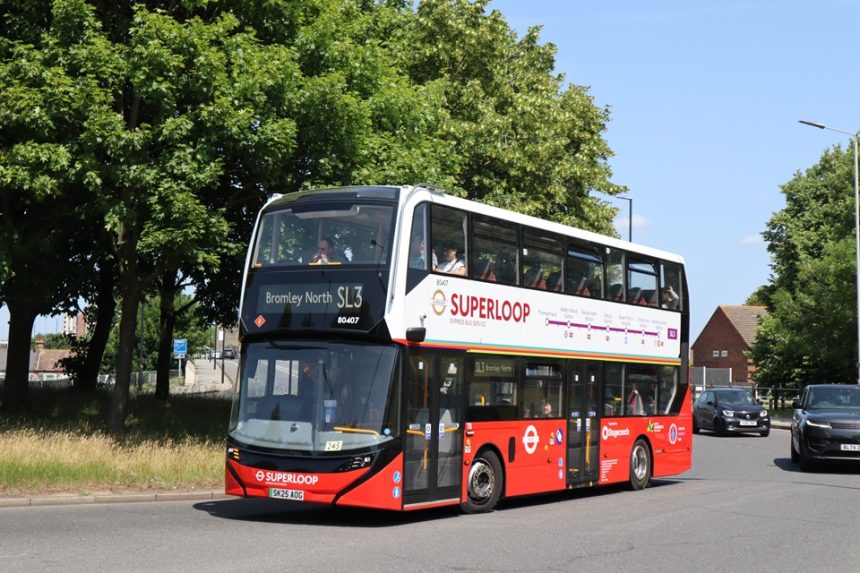It has been a big month for policy announcements. I am tempted to use the analogy about buses for government strategies: You wait a long time for one, and then two or more come along at once – but of course, this is an outdated analogy in terms of buses, so having mentioned it, I will now distance myself for fear of alienating potential friends in the bus industry!
The National Infrastructure Strategy, published earlier in June, was followed by the long-heralded Modern Industrial Strategy. Both came hot on the heels of the spending review, which set out the government’s spending priorities for the next four to five years.
There was clear support in the spending review for local transport, with £15.6 billion for city region settlements in England and £2.3 billion in Local Transport Grant money earmarked for buses, cycleways, and congestion mitigation.
June was certainly significant as we learned a great deal more about how the government sees the UK’s economic and industrial future.
The 10-year National Infrastructure Strategy prioritises the measures needed to support the transition to a clean power system by 2030. Those include accelerating grid connections and reforming the connections process to reduce delays.
It also aims to increase transmission and distribution network capacity and speed up connections for businesses, including coach and bus operators.
There is a lot of good stuff in the Infrastructure Strategy about modernising the grid, reducing waiting times, increasing capacity and streamlining processes; all these are to be welcomed, of course, but many challenges remain in terms of implementation.
The drive for net-zero is absolutely central to the spending review, the Industrial Strategy and the Infrastructure Strategy. The Clean Power 2030 objective features prominently throughout the government documents, and it is very clear that ministers view the effective management of the decarbonisation transition as fundamental to the UK’s future industrial success.
Among this flurry of key government announcements, Zemo Partnership published our Map of Missing Policies for decarbonising UK transport at a parliamentary roundtable event attended by several MPs and members of the House of Lords.
Several of our policy calls are included in one or another of the government strategies. Our roadmap includes a draft of proposed policies to help accelerate the transition in the coach and bus sector, including development of an action plan to make the UK’s bus manufacturing industry internationally competitive.
There are proposals to extend the Zero Emission Bus Regional Areas scheme in England while ensuring that it is better designed to match demand and supply for those vehicles, and to phase in a higher basic BSOG for electric buses while tapering it for diesel models until 2032.
We would like to see a five-year capital funding framework put in place for charging and fuelling infrastructure to provide operators and local authorities with the financial certainty needed for strategic planning and investment.
Alongside that, we called for the development of more innovative approaches to funding infrastructure, including expanding opportunities for sharing infrastructure and derisking investment.
The Modern Industrial Strategy and the National Infrastructure Strategy have now set out our direction of travel and provided us with more clarity about where this government’s priorities lie, in terms of budget allocation and more.
Now we need to work together to make sure that the strategic priorities outlined can be delivered in the most efficient and effective way, so that we have a UK coach and bus sector that is fighting fit for the future.


























